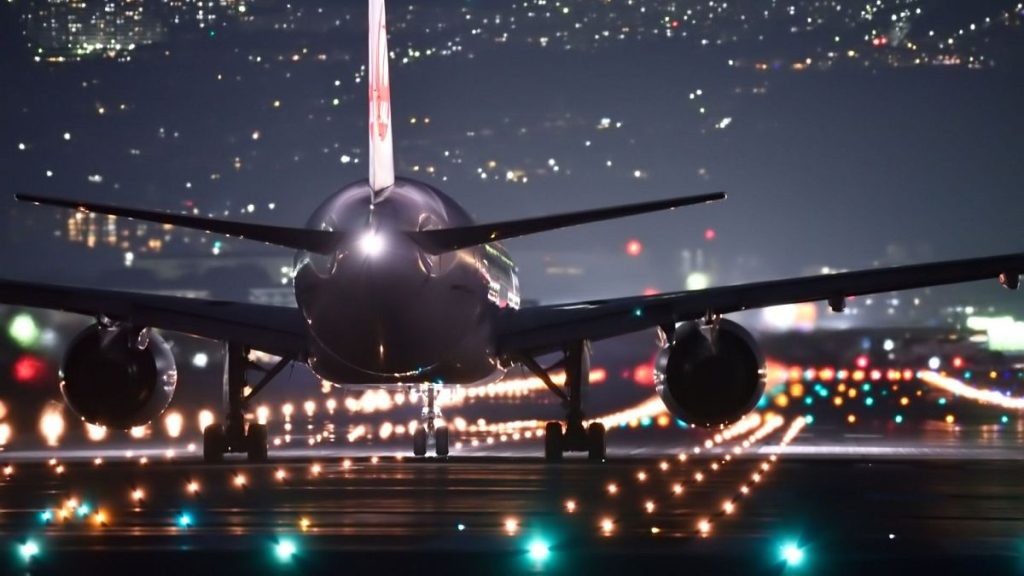In response to years of protests from local residents, Lisbon has banned night flights at Humberto Delgado Airport between 1 am and 5 am each night. This decision came after Zero, a Portuguese environmental NGO, raised concerns about the noise and air pollution caused by night flights. Despite previous legislation to limit night flights, the airport was found to be in violation. Miguel Pinto Luz, the minister for infrastructure and housing, announced the ban as a step forward in addressing these issues. However, local campaigners remain skeptical about the ban’s impact, questioning whether late-running flights will still be allowed to land during the restricted hours. The ban comes as part of ongoing efforts to improve the airport, which is in need of a major upgrade that could take several years and cost €300 million.
The ban on night flights in Lisbon is seen as a response to the city’s struggle with accommodating a growing number of visitors. With 13.1 million visitors between January and August of this year, up 6.7% from the previous year, Lisbon is facing challenges in managing tourism. In addition to the night flight ban, several Portuguese cities have introduced tourist taxes to help offset the impact of tourism. Lisbon, Albufeira, and Faro have all implemented taxes for visitors over the age of 12, ranging from €1 to €4 per person per night. These taxes are meant to fund local infrastructure and services that are strained by high visitor numbers. As Portugal continues to attract more tourists, these measures are expected to help regulate the industry and protect the environment and quality of life for residents.
Humberto Delgado Airport, located seven kilometers northeast of Lisbon’s city center, operates domestic and international flights. The ban on night flights is part of a larger effort to address noise and pollution concerns and improve the airport’s infrastructure. Concerned citizens have been campaigning for a new airport outside the city instead of expanding the existing one. The ban is seen as a temporary solution while the airport undergoes major renovations that could take up to three years. By addressing the issue of night flights, the government hopes to address some of the challenges faced by the airport and the surrounding community.
The decision to ban night flights in Lisbon has been met with mixed reactions from local residents and environmental groups. While some see it as a positive step towards addressing noise and pollution concerns, others are skeptical about its impact. The ban comes amidst a larger debate about the future of the airport and the city’s tourism industry. Some residents are concerned about the potential expansion of the existing airport and have been advocating for a new airport outside the city. The ban on night flights is seen as a temporary measure while the airport undergoes renovations, but questions remain about its long-term impact and effectiveness. It is part of a larger strategy to manage tourism and address the challenges of accommodating a growing number of visitors.
The ban on night flights in Lisbon reflects ongoing efforts to address the impact of tourism on the city and its residents. With a growing number of visitors and concerns about noise and pollution, the government has taken steps to regulate the industry and improve the airport infrastructure. The ban is part of a broader strategy to manage tourism and protect the environment while addressing the needs of local residents. By implementing tourist taxes and restricting night flights, Lisbon is aiming to strike a balance between promoting tourism and preserving the quality of life for its residents. The ban is a response to years of protests and concerns raised by local residents and environmental groups, signaling a commitment to addressing these issues in a sustainable and responsible manner.









